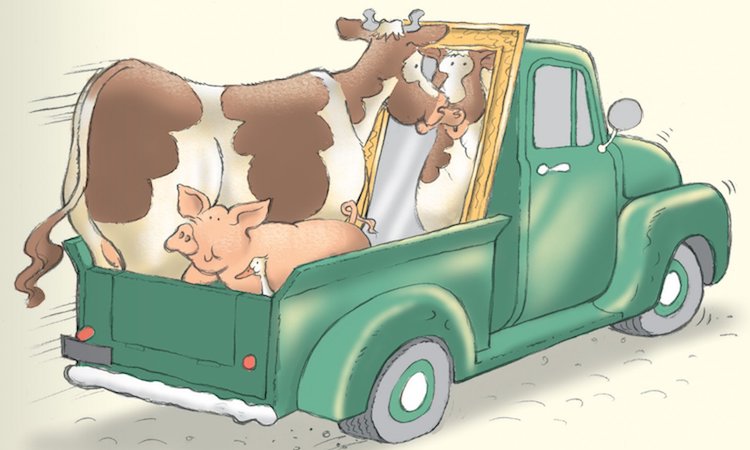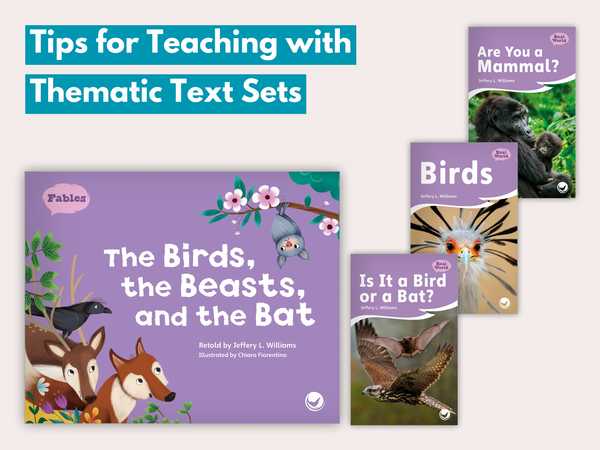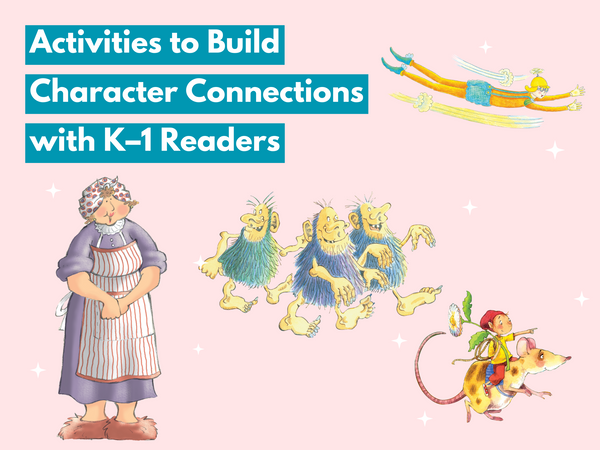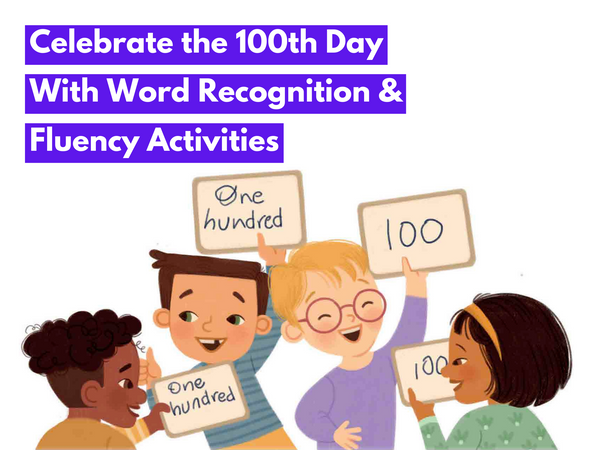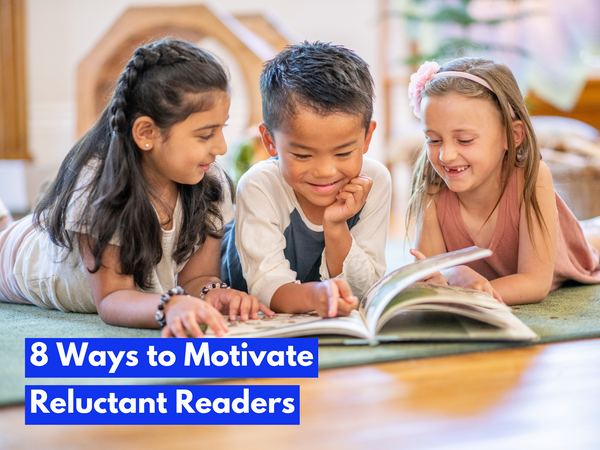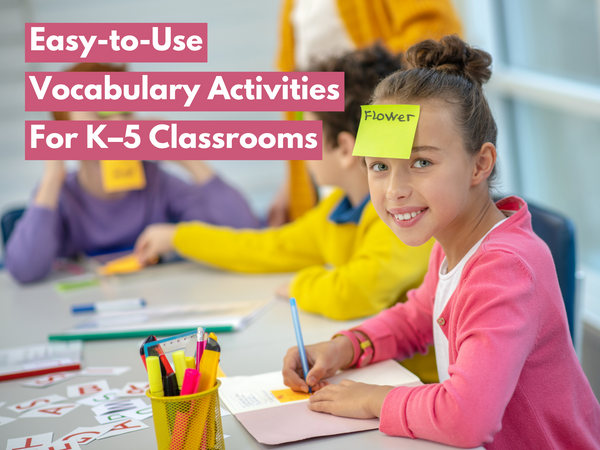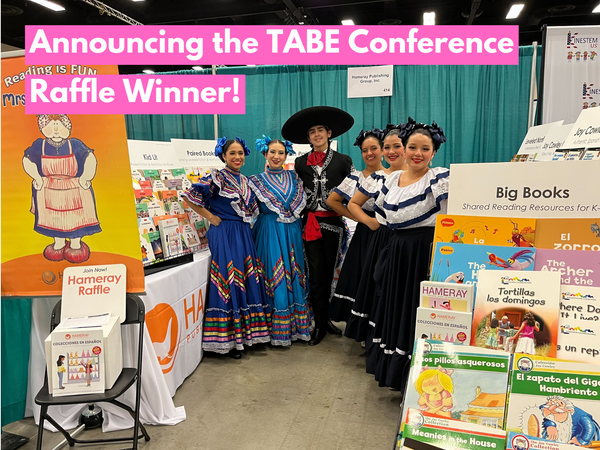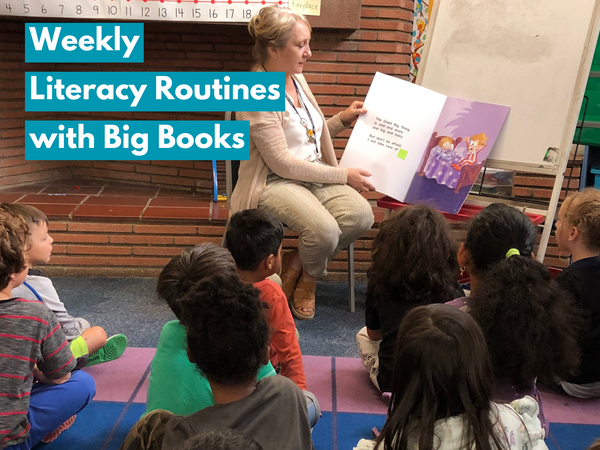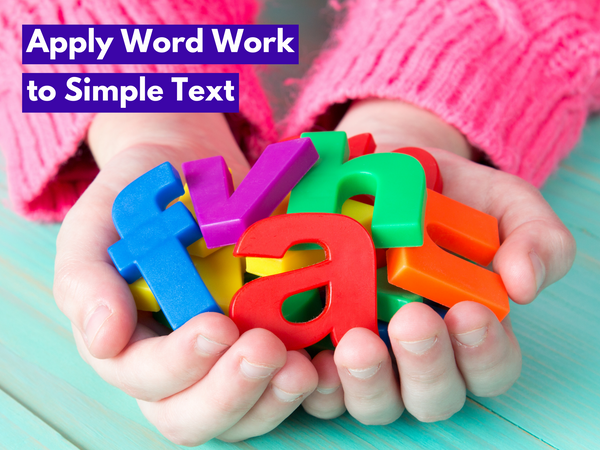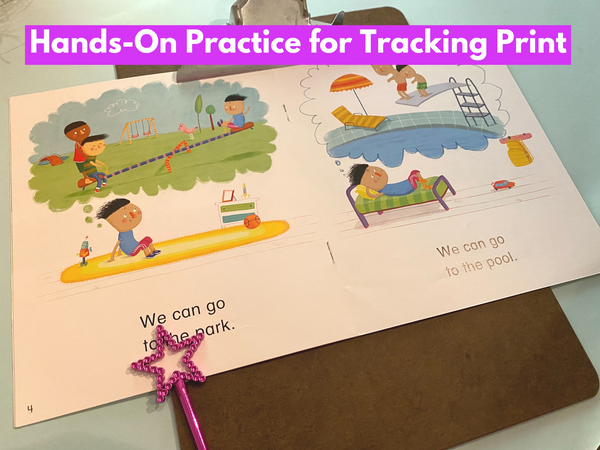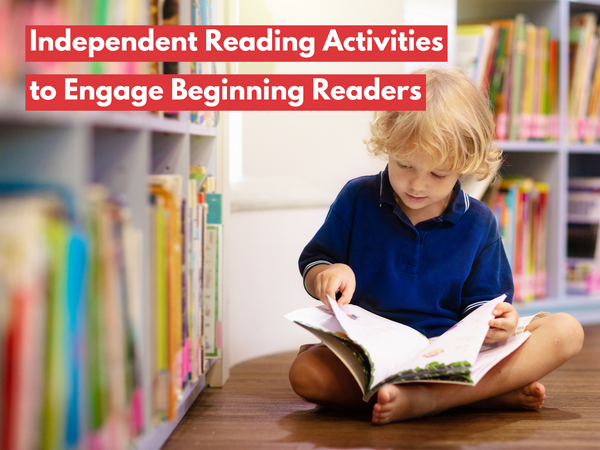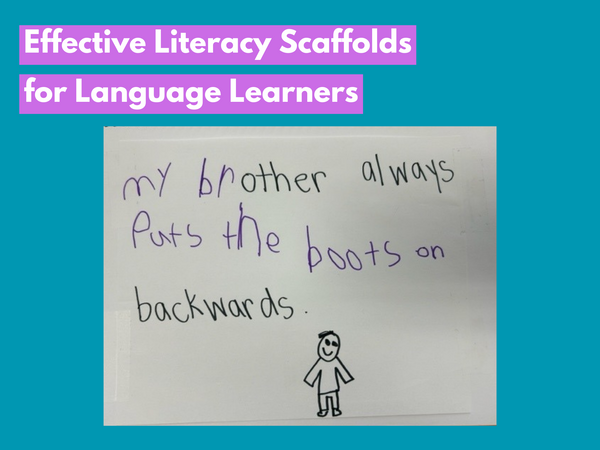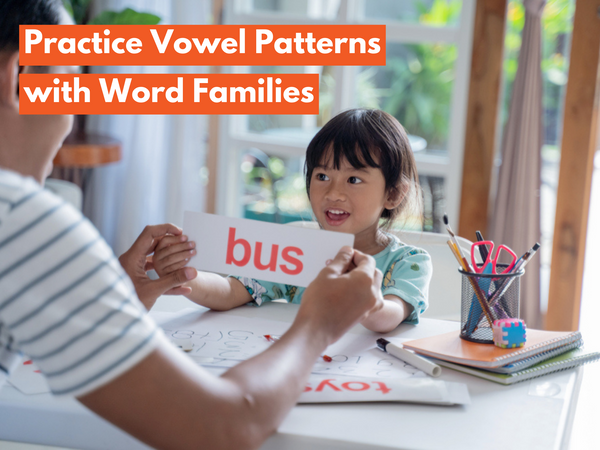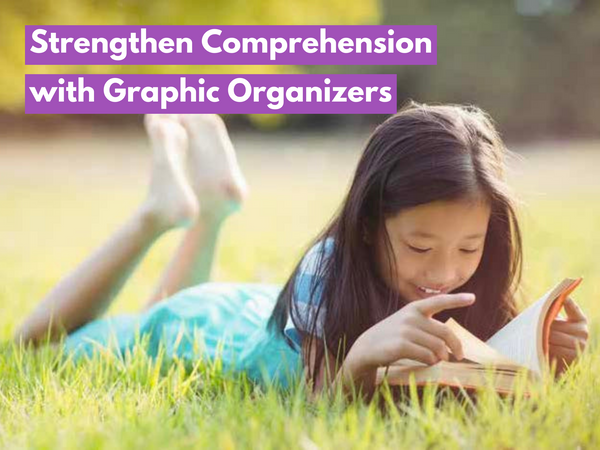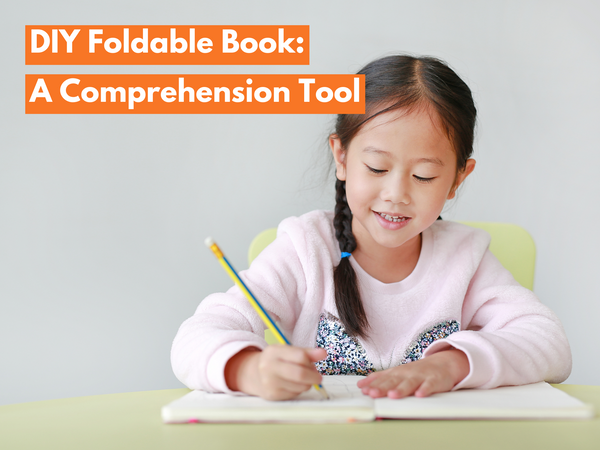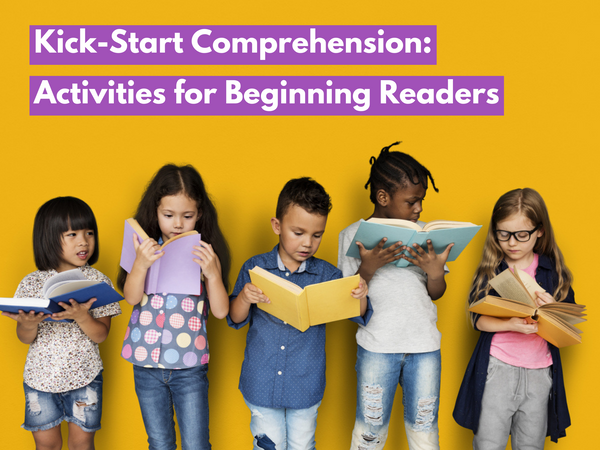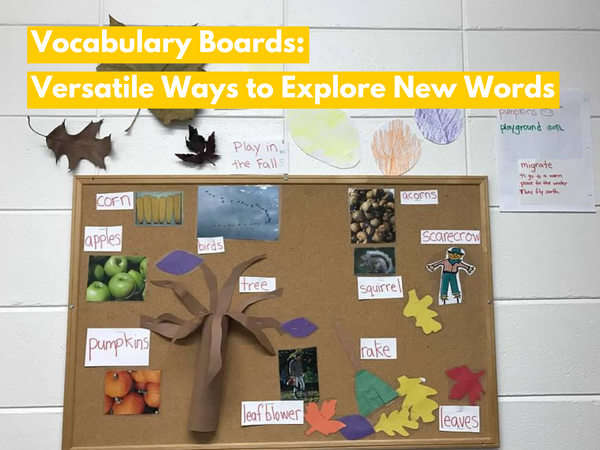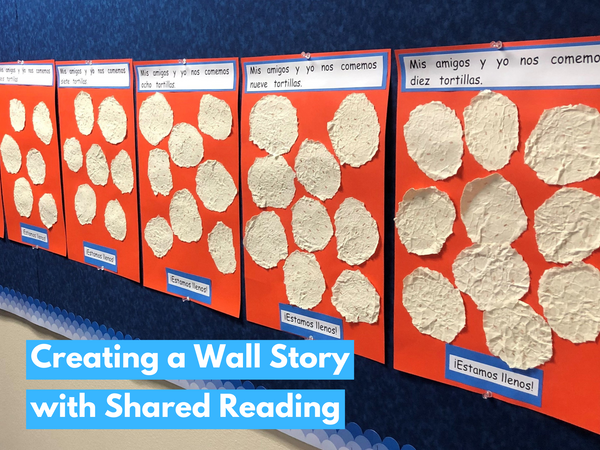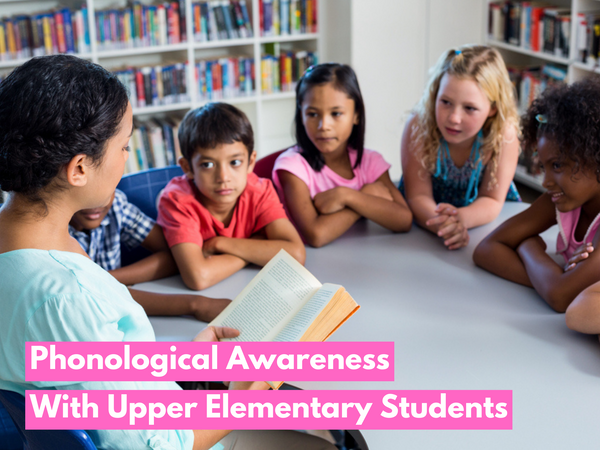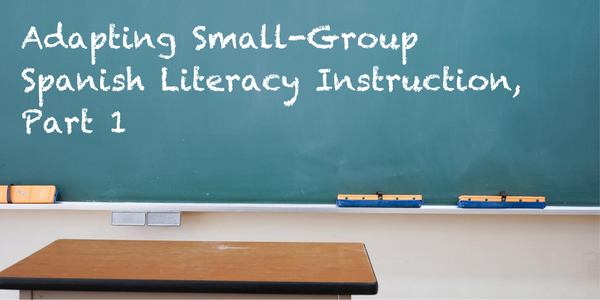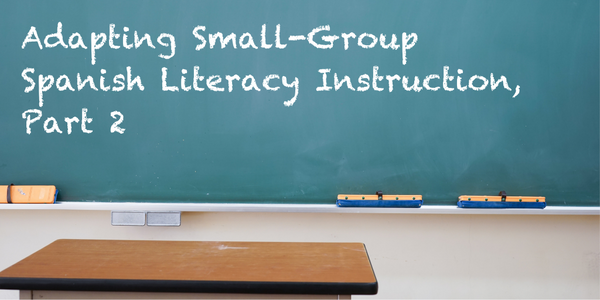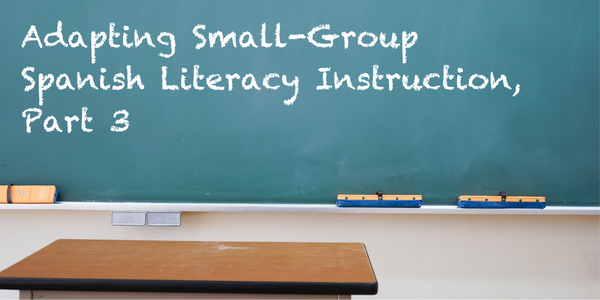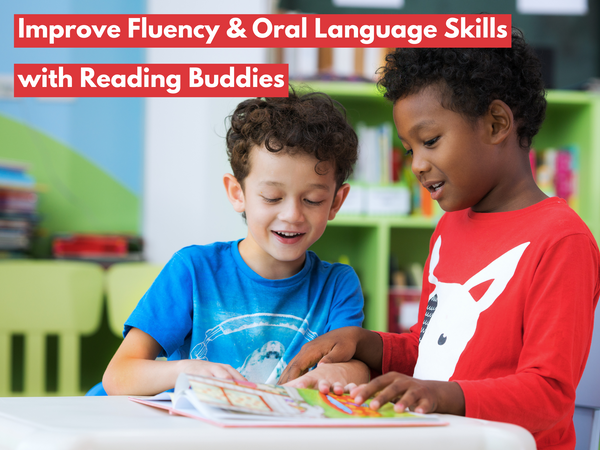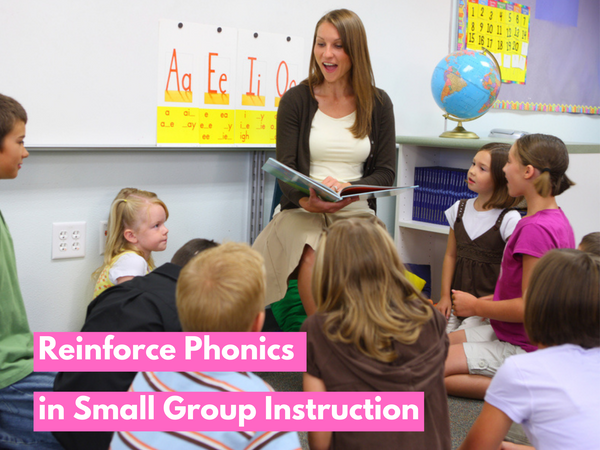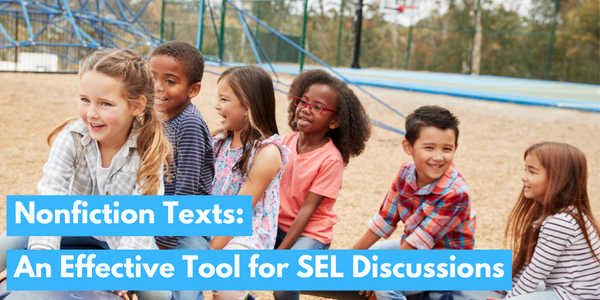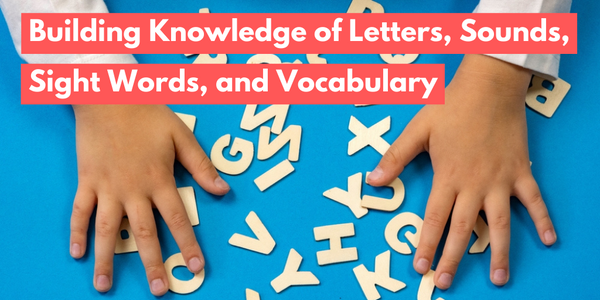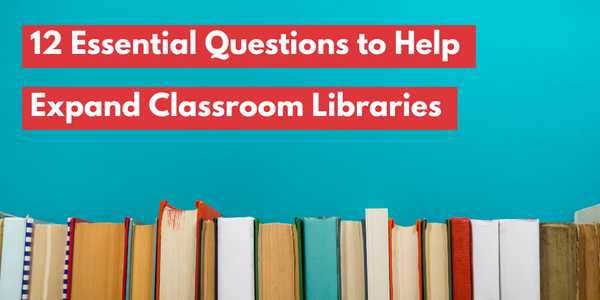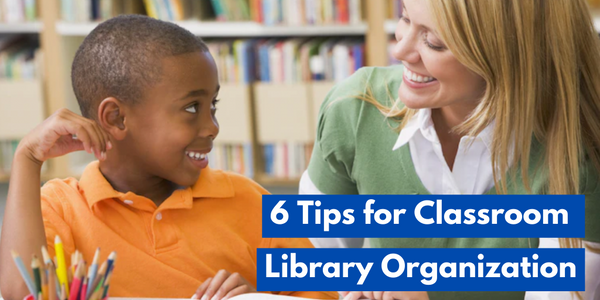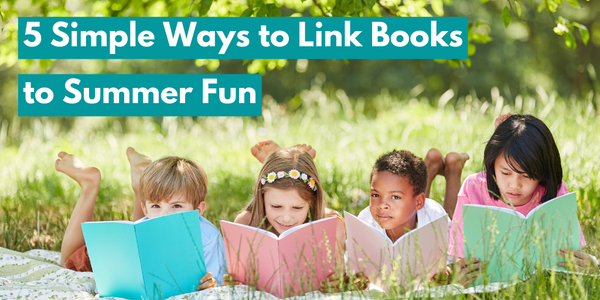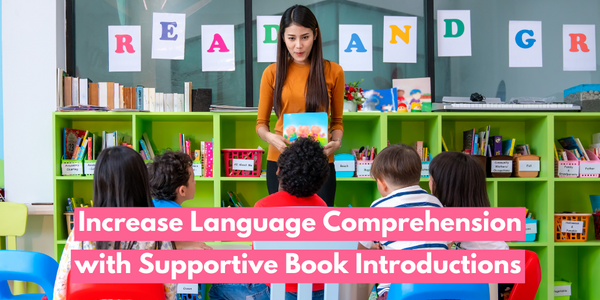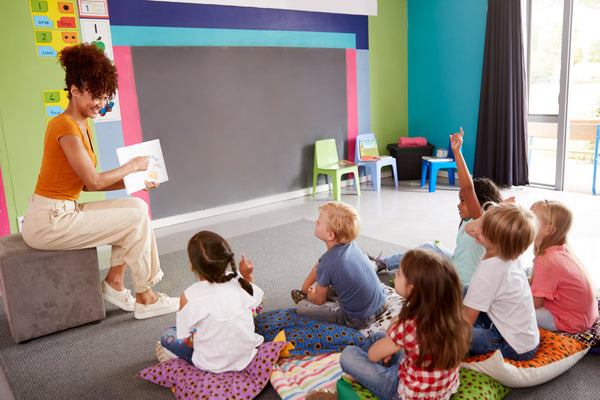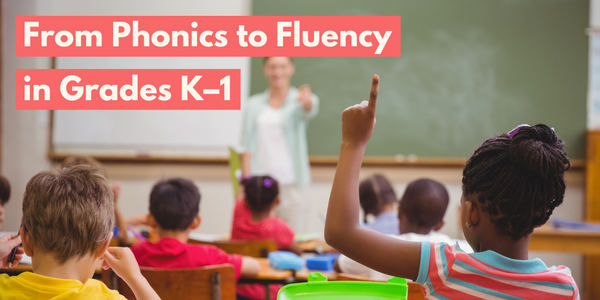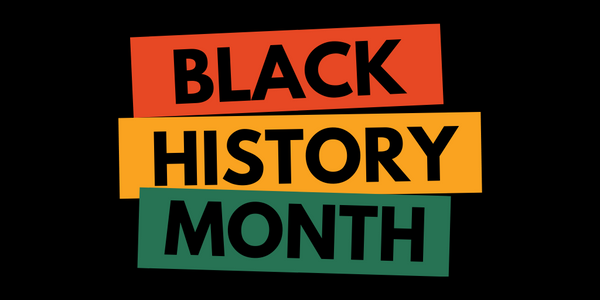By Dr. Geraldine Haggard, Reading Recovery Teacher Leader, Guest Blogger
Grandparents can significantly influence children's vocabulary by fostering a love of reading. In today's blog post, I'll share three ways to promote family literacy and celebrate Grandparents Day with leveled books for kids.
 This book was written for emergent readers, but you can encourage families to read this narrative text because it can be fun for grandparents to read aloud to kids. Be sure to have a mirror nearby and encourage families to use the following guide.
This book was written for emergent readers, but you can encourage families to read this narrative text because it can be fun for grandparents to read aloud to kids. Be sure to have a mirror nearby and encourage families to use the following guide.
- Show the cover and page 2 of Wishy-Washy Mirror and say the following: I want you to meet Mrs. Washy. She has three animals. Why do you think she got a mirror?
- Encourage kids to improve oral language development by having them talk about the animals they see. After reading page 3, ask kids, Why do you think the cow said, "Oh look! A picture of a cow”?
- Ask children to make predictions about what they think the next animal will do and say.
- Read up to page 7 and ask kids, Why do you think the animals are shouting at each other? Why does Mrs. Wishy-Washy take the mirror into her house?
- If there are stuffed animals available, have children look into a mirror and practice saying what the animals say when they look in the mirror. This is a fun way to help kids read with expression, and they may enjoy making mad, sad, or happy faces as they speak as the animals while looking at their reflections.
 This informational text that could be used with children reading at guided reading level G. Explain that sheets of paper, something to write with, and pictures of family members should be handy and encourage families to use the following guide.
This informational text that could be used with children reading at guided reading level G. Explain that sheets of paper, something to write with, and pictures of family members should be handy and encourage families to use the following guide.
- Show kids the front cover and ask the following questions to help kids make inferences: Is this a big family or a little family? Who are the parents? How many children are in the picture? Are there other family members in the picture?
- As you read the pages of this nonfiction book for kids that define different types of family members, talk about the ways everyone shares responsibilities, take turns, etc.
- If relatives are planning a visit at a child's home, have kids make a family chart with the names of each family member next to the family member labels mentioned in the book. Then you can ask, What do you think you can do to help your cousins enjoy their stay at your house?
- Have kids improve oral language development by asking them to use a sentence stem that encourages kids to practice saying each type of relative and the name of each person that they have in their families.
 This is the story of a girl and her grandmother who do things together on No Rules Day, but they eventually discover the need for one helpful rule. Have drawing materials handy for a quick time of sketching to engage kids and use the following guide.
This is the story of a girl and her grandmother who do things together on No Rules Day, but they eventually discover the need for one helpful rule. Have drawing materials handy for a quick time of sketching to engage kids and use the following guide.
- Introduce the two characters and read up to page 3 with kids. Then have kids draw anything they want, and be sure to create your own drawing too. After the drawing is done, tell children that they did a good job.
- After reading page 4, have kids choose what kind of snack they would like to enjoy from a variety of healthy snacks and sweet treats.
- At the end of the book, ask kids questions to help them think critically about rules: What would happen if you played a game without rules? Why would that not be a good idea? How might you feel when the game ended?
As a grandmother of four grandchildren, and a great grandmother of three, I used strategies like these and fun books to foster a love of reading with each of them in their early years. We loved the time together, and I enjoyed the role I played in helping them develop literacy skills. Be sure to visit our blog again for more tips to promote family literacy and to engage kids with interesting books.
 Dr. Geraldine Haggard is a retired teacher, Reading Recovery teacher leader, author, and university teacher. She spent thirty-seven years in the Plano, TX school system. She currently tutors, chairs a committee that gifts books to low-income students, and serves as a facilitator in a program for grieving children. If you like what you read here, you can enjoy more from Dr. Haggard elsewhere on our blog.
Dr. Geraldine Haggard is a retired teacher, Reading Recovery teacher leader, author, and university teacher. She spent thirty-seven years in the Plano, TX school system. She currently tutors, chairs a committee that gifts books to low-income students, and serves as a facilitator in a program for grieving children. If you like what you read here, you can enjoy more from Dr. Haggard elsewhere on our blog.



